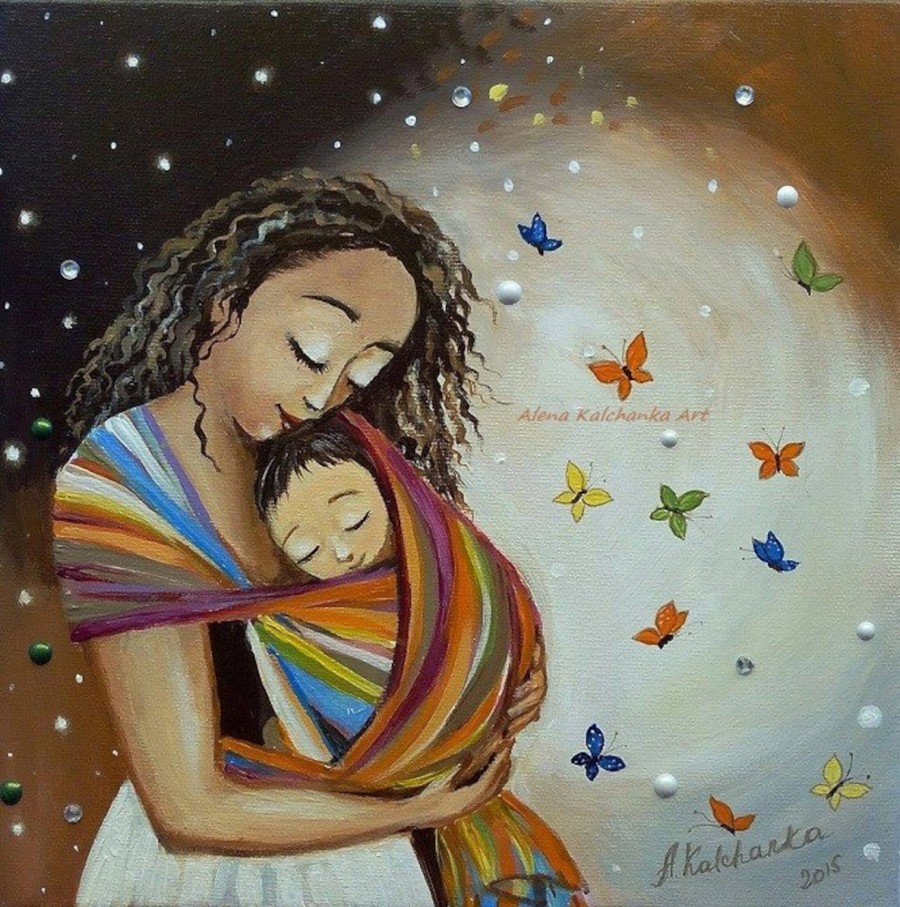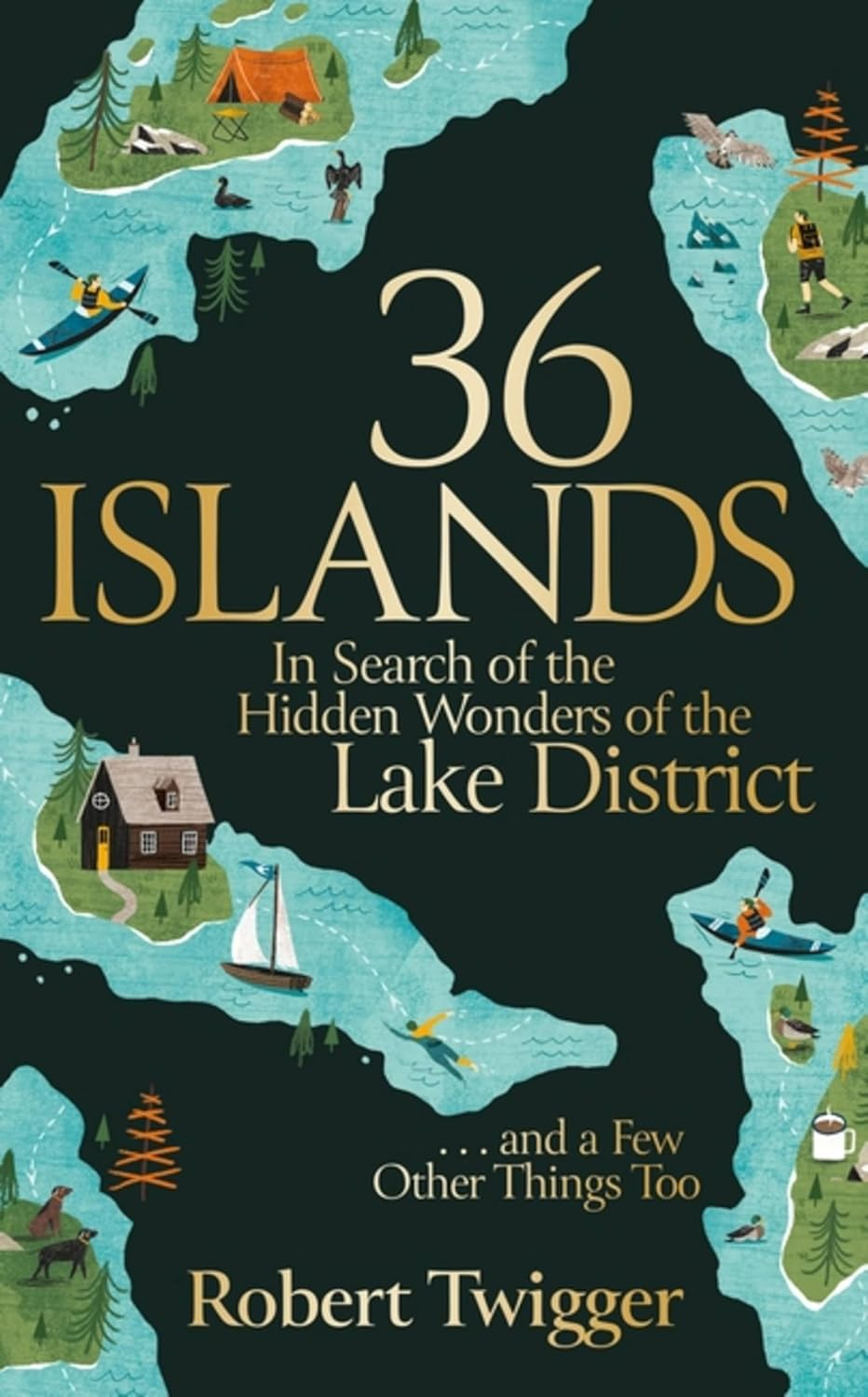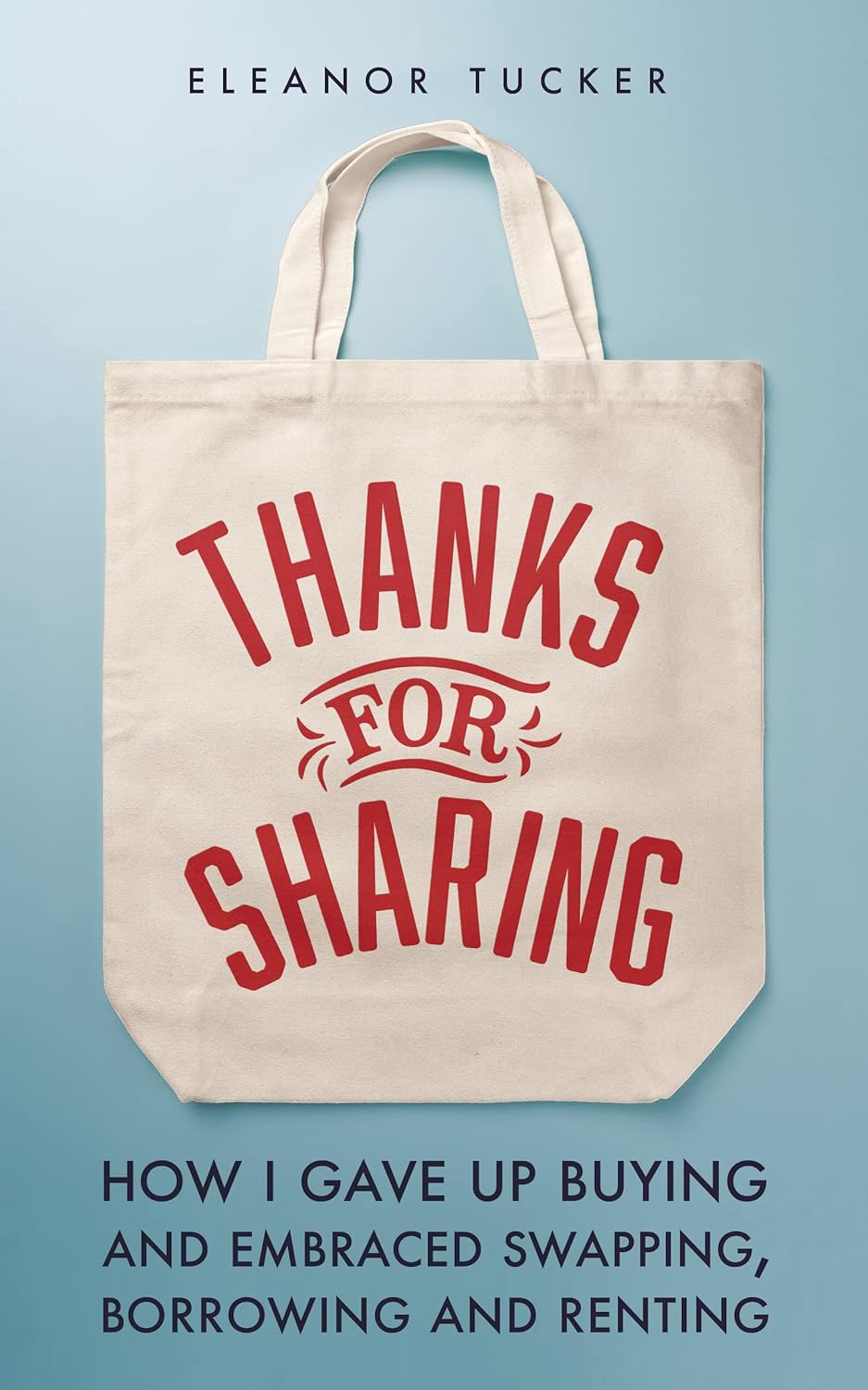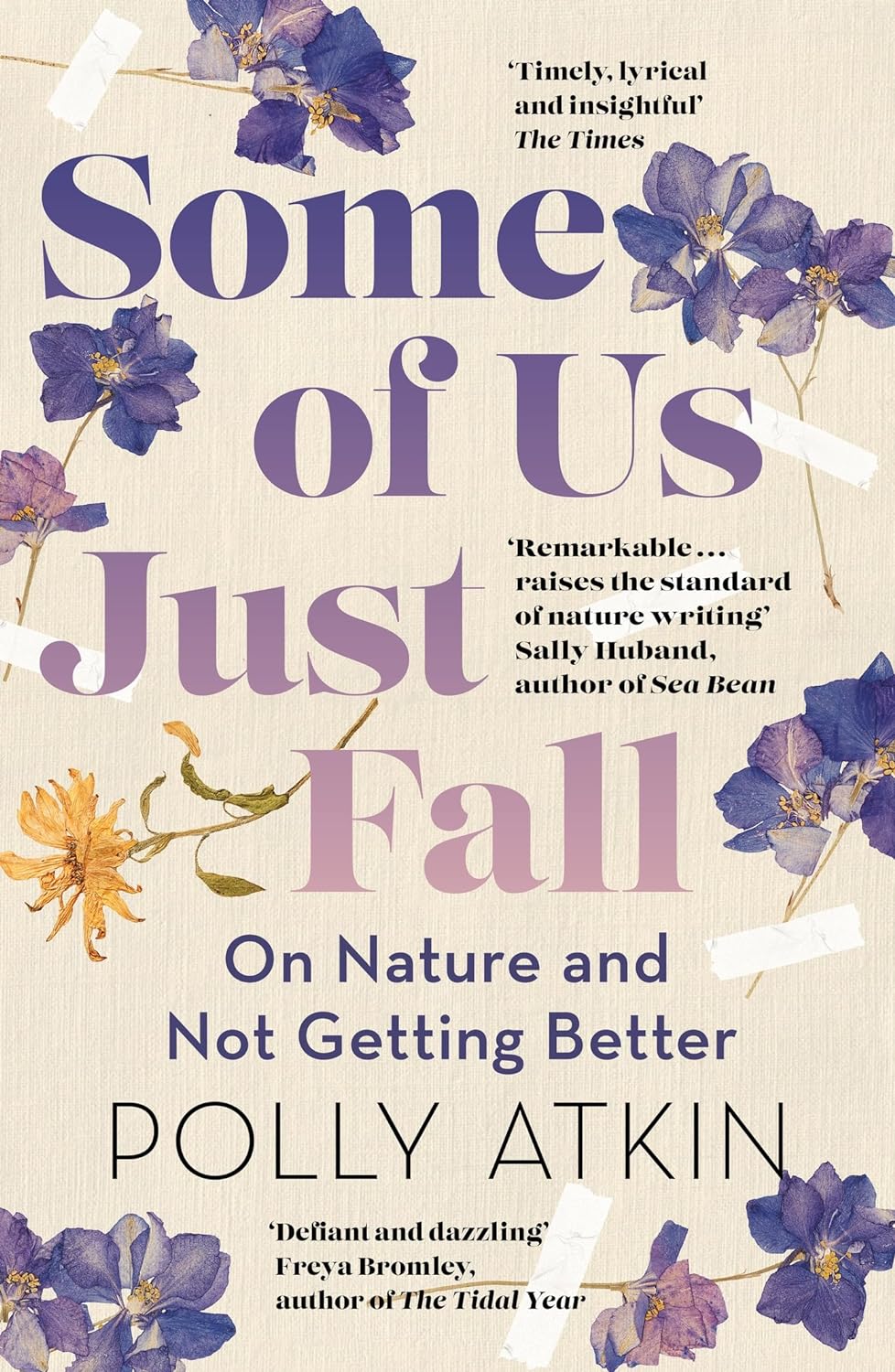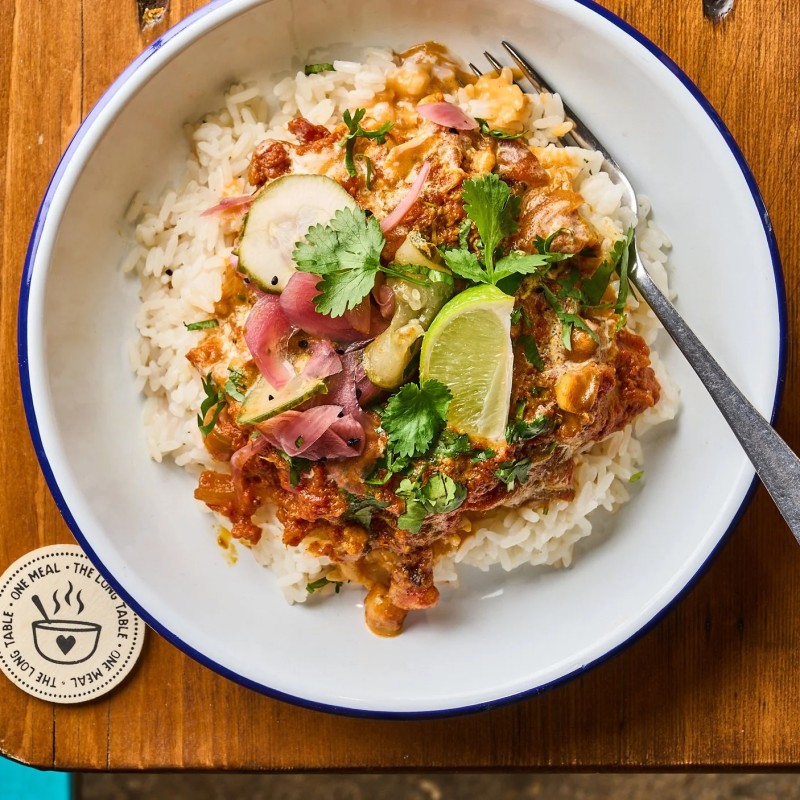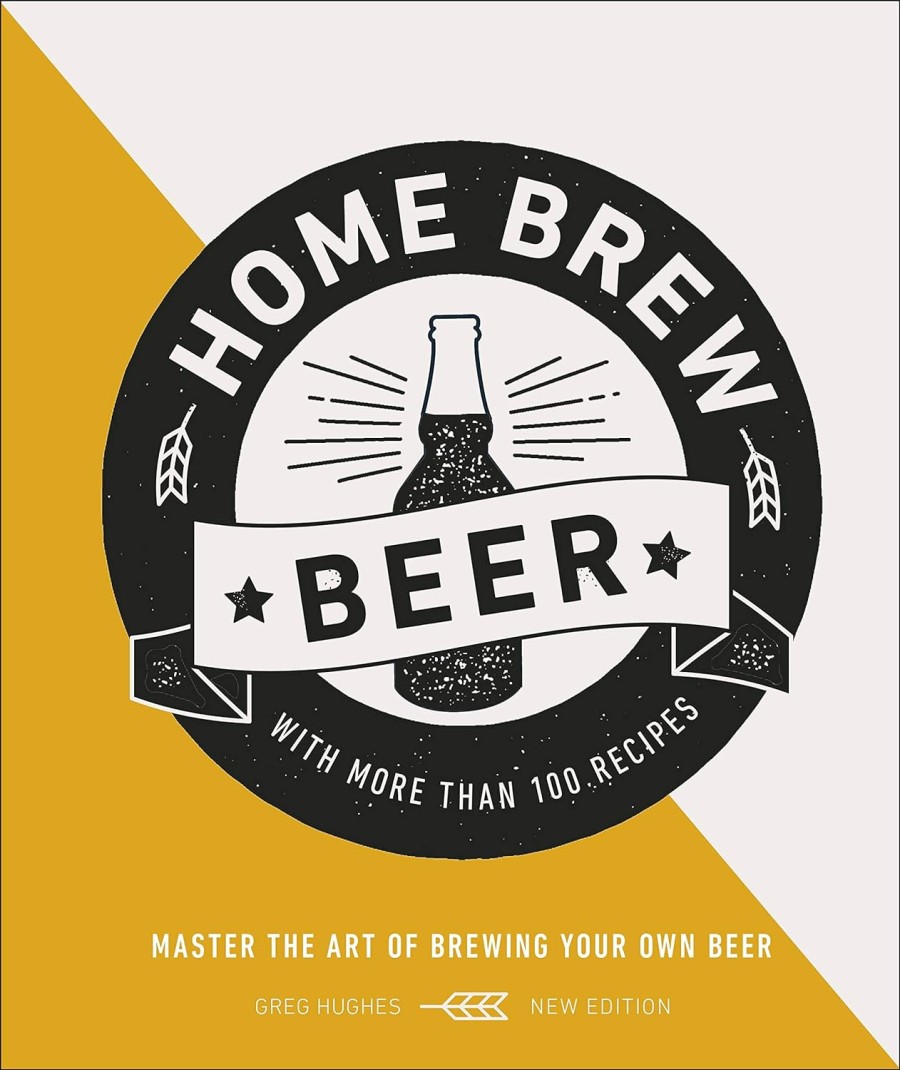How to Save Your Local Independent Bookstore

Indie bookstores can’t compete on price, because Amazon makes a loss on selling books (as it can recover profit from selling high-income-producing electronic and other items). So to survive, indie bookshops must do what online retailers can’t. Here are a few ideas:
For cookbooks, read about food safety for people and pets. For gardening books, read up on pet-friendly gardens.
- How about free foot delivery to local people? No postage fees and no plastic, instead just a friendly face (instead of a delivery fan that may turn up when someone is out).
- Offer a loyalty card, and get together with others (pubs could offer discounts on an evening pint, when used to collect book parcels, for when people are out).
- Make use of wasted space. You could hire out to art teachers or have a little tea room, with books to sell on the shelves.
- Mr B’s Emporium (one of the England’s best bookshops in beautiful Bath) offers ‘Reading Subscription Gifts’ where customers complete a questionnaire, than a ‘bibliotherapist’ hand-picks suitable books to deliver each month on subscription (this can be changed, say you changed hobby from gardening to pottery).
- If you shop online, choose Bookshop is an independent alternative, where you can have books delivered to local stores, or choose for the store to get a portion of profits (and unlike Amazon, it does not sell fur or have ethical issues – there’s also a good affiliate program for bloggers).
Danny Caine (an indie bookseller in the USA) explains that the only way for the species to survive, is to support them. With a wholesale discount of around 46%, indie bookstores can’t sell books for the same price as Amazon, as they could only stay open for a few days, making less than 50p profit per book. He wrote an open letter to Amazon founder Jeff Bezos:
Small business owners are led to believe that if their idea is good enough, they can grow their business and create more jobs. Yet your company is so big, so disruptive, so dominant, it’s severely skewed the ability for us to do that.
Maybe someday you’ll hear what we have to say. Maybe we can talk about it over pie and coffee at Ladybird Diner across the street, my treat. I’d love to show you around a vibrant community anchored by small businesses, here in Kansas, here on earth. Sincerely, Danny Caine, indie bookshop owner
In Praise of Good Bookstores (a good book!)
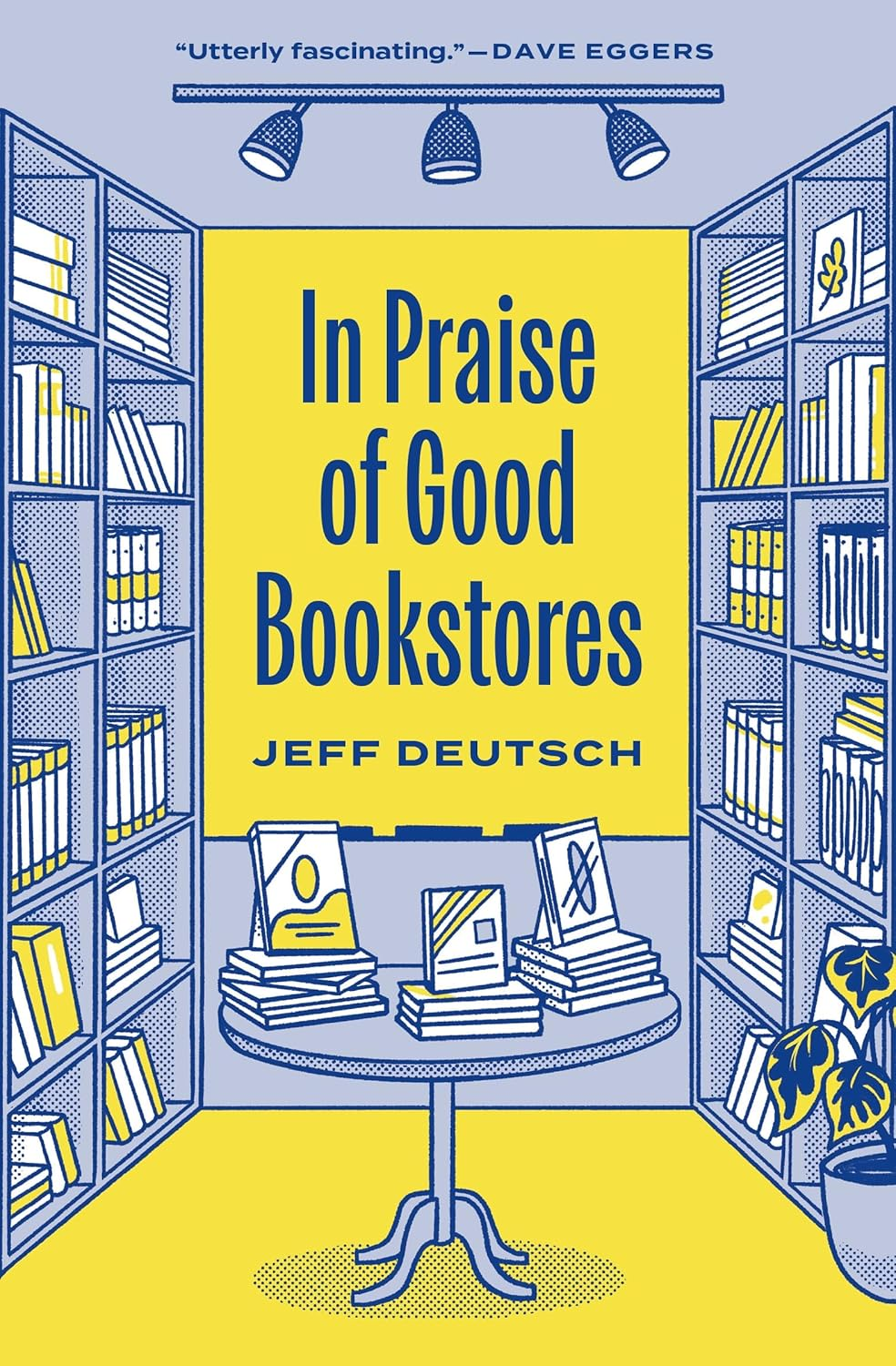
In Praise of Good Bookstores is a charming book on the importance of browsing, written by a bookseller in Chicago, USA. This well-reviewed book explores why independent bookstores matter, in a world of one-click technology, and why local book shops are still places of discovery and refuge, for towns fortunate enough to still have them.
Jeff is the former director of one of the most lauded independent bookstores in the world, so is qualified to write on what makes a good one. Growing up with a love of reading, he believes that losing our independent bookshops in the age of online shopping would be a tragedy, not just for people, but for communities.
This elegant little book, offers the most moving justification for the survival of bookstores, I have ever read. Ron Charles
The next time you see an Amazon delivery truck blocking traffic on your street, think about Jeff’s book. He has something valuable to tell you. David Emblidge
Deutsche shows how communities need bookshops, like ships need sails. A joyful river of a book. Jump in. Martin Latham

